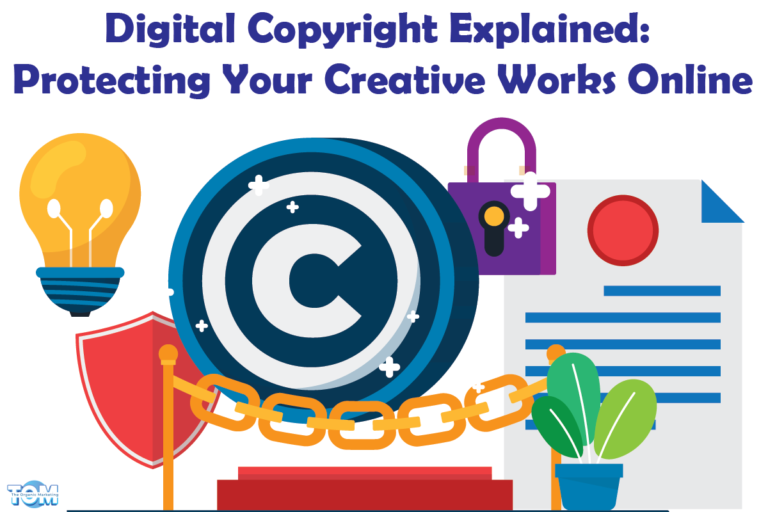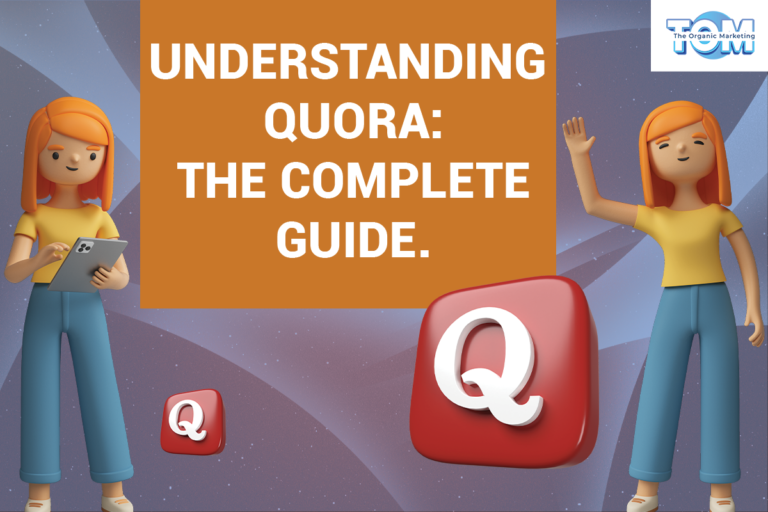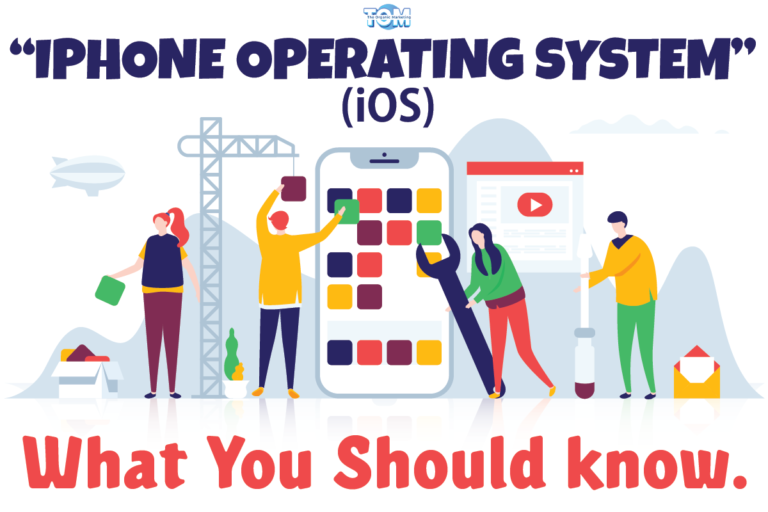E-commerce Marketing Simplified: Key Concepts and Practices
E-commerce has completely changed how we purchase and sell products and services in today’s digital world. E-commerce marketing has become a key factor in business performance as a result of the explosive rise of online shopping and digital transactions. In this thorough book, we explore all aspects of e-commerce marketing, from its definition to the tactics that might help you achieve more success.
What is E-commerce?
The term “e-commerce,” which stands for “electronic commerce,” describes the exchange of goods and services through the internet. By removing the geographical and time constraints associated with conventional trade, it enables companies to continuously contact a worldwide audience. Business-to-business (B2B), business-to-consumer (B2C), consumer-to-business (C2B), and consumer-to-consumer (C2C) transactions are just a few of the several models that fall under the umbrella of e-commerce.
What is E-commerce Marketing?
E-commerce marketing is the practice of using marketing concepts and tactics to advertise goods and services over the internet. It’s a multipronged strategy designed to raise brand awareness, increase traffic to e-commerce websites, and eventually increase sales and income. In order to interact with potential consumers and provide an engaging online purchasing experience, e-commerce marketing makes use of digital platforms including social media, search engines, email, content marketing, and more.
Types of E-commerce Marketing
- Social Media Marketing: Using websites and apps like Facebook, Instagram, X (formerly known as Twitter), and Pinterest to interact with and engage the target audience through engaging content, advertisements, and promotions.
- Search Engine Optimization (SEO): Improving exposure and driving organic traffic by optimizing website content to rank better in search engine results.
- Pay-Per-Click (PPC) Advertising: Displaying advertisements on search engines and other websites, and only being paid when visitors click the advertisement.
- Content Marketing: By producing useful, relevant content, a business can establish itself as an expert in its field and draw in and interact with potential consumers.
- Email Marketing: Sending customized email messages to nurture prospects, create customer connections, and encourage repeat purchases.
- Influencer Marketing: Collaborating with bloggers and influencers to market goods and services to their attentive followers.
- Affiliate Marketing: Collaborating with affiliates to market products and share in the profits from purchases made via their special connections.
What is an E-commerce Marketing Platform?
A group of tools and programs called an e-commerce marketing platform are created to assist and improve various aspects of e-commerce marketing. These systems consist of features including social media management, automated email marketing, SEO analysis, PPC campaign management, analytics, and more. They provide businesses with the tools they need to organize their marketing initiatives, evaluate data, and come to wise conclusions that will improve their online presence and increase conversions.
Most Effective E-Commerce Marketing Tools
- Shopify: A flexible platform that provides tools for constructing e-commerce websites, managing inventories, and marketing.
- WooCommerce: A WordPress plugin that helps companies to build customisable online stores and include different marketing extensions.
- Magento: A scalable, customizable open-source platform that is appropriate for companies of all sizes.
- BigCommerce: An all-encompassing platform with integrated marketing tools, such as email marketing and SEO optimization.
- Zoho Commerce: A platform that fuses CRM, marketing, and e-commerce to offer a comprehensive company solution.
- Wix e-commerce: Provides e-commerce features along with marketing integration and is renowned for its user-friendly interface and drag-and-drop layout.
Steps for Creating a Successful E-Commerce Marketing Plan
- Define Goals: Set clear and measurable objectives for your e-commerce marketing efforts, whether it’s increasing sales, expanding reach, or building brand loyalty.
- Know Your Audience: Research and understand your target audience’s preferences, behaviors, and pain points to tailor your marketing strategies.
- Competitor Analysis: Analyze your competitors’ strengths and weaknesses to identify opportunities for differentiation.
- Choose Marketing Channels: Select the most suitable marketing channels based on your target audience and business goals.
- Content Strategy: Develop a content plan that includes blog posts, videos, social media updates, and other engaging content.
- Budget Allocation: Allocate resources to different marketing channels and campaigns according to their potential return on investment.
- Implementation and Execution: Put your plan into action, creating and deploying marketing campaigns across chosen channels.
- Monitor and Optimize: Continuously monitor campaign performance, analyze data, and make necessary adjustments to optimize results.
How Do You Develop an E-Commerce Marketing Strategy?
- Segmentation: Divide your target audience into segments based on demographics, behavior, or other relevant factors.
- Personalization: To meet the unique requirements and interests of each group, customize your marketing messaging and offerings.
- Omni-channel Approach: Create a seamless experience across various channels to ensure consistent brand messaging and customer engagement.
- Leverage Social Proof: Encourage customer reviews, ratings, and testimonials to build trust and credibility.
- Mobile Optimization: Ensure your e-commerce website and marketing content are optimized for mobile devices, given the increasing trend of mobile shopping.
- Data Analytics: Utilize data analytics tools to track and measure the effectiveness of your marketing efforts, enabling data-driven decision-making.
- Remarketing: Re-engage potential customers who have shown interest but haven’t completed a purchase through targeted ads and incentives.
E-commerce marketing is an indispensable element of today’s business landscape, propelling brands to connect with a vast online audience and drive sales. As you embark on your e-commerce marketing journey, remember that staying attuned to customer needs, adapting to industry trends, and consistently refining your strategies are the keys to achieving sustainable success in the dynamic realm of e-commerce.
To get more information on effective e-commerce marketing, don’t forget to contact The Organic Marketing.






